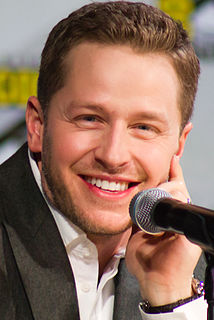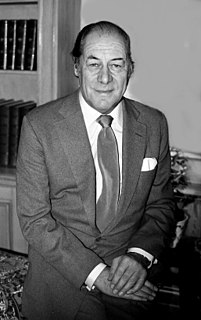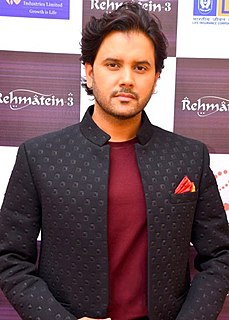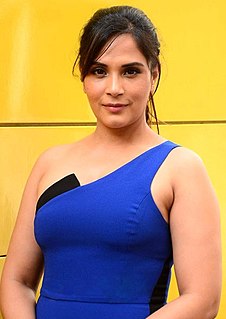A Quote by Aisling Bea
I trained in London as a classical actor, but you've no idea what way your career will go.
Related Quotes
I would say that it is important to have it in your mind, what your attention is and what you want to do. Really just go for it, and fall and go for it again, and learn and continue to go for it. First, it starts as an abstract idea and you have this dream and desire. It will take you to one place, and in that time you act in a certain way and you do what you have to do in that one place to get you to the next place. It is constantly building into this idea that you have.
Acting is bad acting if the actor himself gets emotional in the act of making the audience cry. The object is to make the audience cry, but not cry yourself. The emotion has to be inside the actor, not outside. If you stand there weeping and wailing, all your emotions will go down your shirt and nothing will go out to your audience. Audience control is really about the actor
There is an amazing feminist writer called Lindy West; she wrote a very nice piece for The New York Times. She wrote about Woody Allen, saying if we can't go after your work or your career, we will go after your legacy. You will never be remembered the same way. I think a lot of women will have to take solace in that.



































